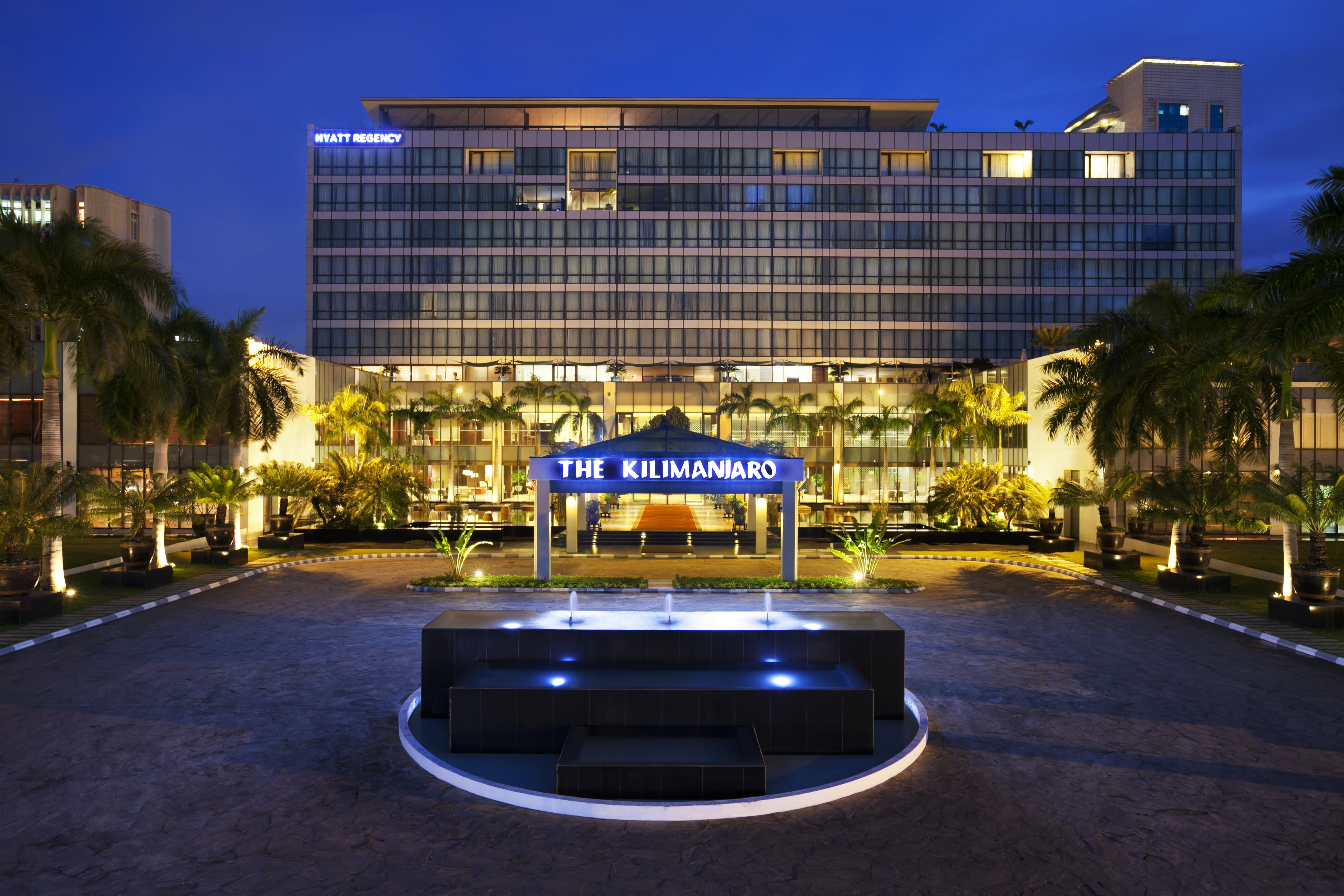The multinational brand seeks to expand and tap into the region’s rich and thriving tourism market.
By Ben Oduor
East Africa’s hospitality industry is increasingly becoming competitive, with local and international hotel chains gaining foothold in the region.
According to PricewaterhouseCoopers’ (PwC) Hotel’s Outlook 2017-2021 report, emerging markets are set to post faster growth in revenue than their counterparts in developed countries, making them integral to the expansion strategies of some of the world’s leading hotel developers.
Pietro Calicchio, the firm’s Hospitality and Gaming Industry leader for Southern Africa says the growth potential of Africa is highly mainly because of the rapid economic growth in some economies, a growing middle class and an increase in visits from foreign visitors.
“The emerging markets are a sought after destination from foreign investors- it is in these markets where there is continued economic growth and need additional infrastructure. In addition, governments and policy makers are introducing a range of tax incentives and other incentive schemes to foreign investors,” Calicchio notes.
It’s partly for these opportunities that Hyatt, an American multinational franchiser of hotels, resorts and vacation properties, has set focus on Africa, and lately East Africa, as part of its expansion strategy for the next three years.
Expansion plans
The franchiser has announced plans to double the number of its already operational hotels in Africa, with six new hotels expected to open by 2020, a move that would see the hospitality company enter four new countries in the continent and create more than 2,100 new jobs.
“The development opportunities for Hyatt in Africa are significant, and we see enormous potential in the region. This expansion reinforces our commitment to developing our pipeline in Africa,” said Peter Penev, Vice President Acquisitions and development for Hyatt.
“With the introduction of a Pan-African, Visa-free passport next year alongside the continued improvement in the connectivity and growth of the region’s airlines, we expect tourist and business travel will only continue to increase.”
Speaking exclusively to The East African Business Times, Penev said Hyatt will target more intra-Africa travelers compared to international travelers, a niche rarely exploited by most hotels in the region, as it grows its roots across the continent.
He also said the firm will continue to focus on long-term investment opportunities within growing economies and developing commercial hubs, among other factors, to deepen its operations in a range of markets.
In Ethiopia, for instance, where the firm is developing Hyatt Regency Addis Ababa, has consistent increase in tourist arrivals in the last three years. The 2017 PwC report says the visitors numbers increased from 817 860 in 2015 to 868 780 in 2016, with the arrivals forecast to increase by 5.7 per cent to 918 010 in 2017.
Hyatt’s interest in the country was partly influenced by the underway construction of Hawassa Industrial hub, which Penev says will attract many domestic and foreign investors seeking accommodation facilities.
With operational establishments in Johannesburg, Egypt and Morocco, Hyatt strained its focus to Tanzania, where it developed Hyatt Regency Dar es Salaam and the Park Hyatt Zanzibar. The firm now wants to construct yet another hotel in Arusha.
Hyatt Regency Arusha hotel, that is to be constructed on some 29-acre site in Central Arusha, will have 144 rooms, set in close proximity to Tarangire National Park and Mount Kilimanjaro, with construction expected to be completed early 2019.
As part of its long-term expansion plan in Sub-Saharan Africa, the franchiser is looking forward to further exploit opportunities to Rwanda, Kenya, Uganda, Mozambique, among other two African countries.
“East Africa is one of Hyatt’s primary focus areas in the near term, with the region benefitting from continued government investment in infrastructure, an expanding middle class and a growing international recognition of the region’s stability, all contributing to an 11 per cent growth in Sub-Saharan Africa tourism in the past year alone,” the firm notes in a stement.
Hyatt’s growth
The firm has made daring strides to its current stature.
Headquartered in Chicago, U.S., Hyatt was founded in 1957 by Jay Pritzker after he purchased the Hyatt House motel adjacent to Los Angeles International Airport.
Jay would invite his brother Donald the following year to help him grow the business. In ten years, the duo enjoined other Pritzker family business interests and grew the company into a North American management and hotel ownership company, which became a public company in 1962.
In 1968, Hyatt international was formed and subsequently became a separate public company. Hyatt Corporation and Hyatt International Corporation were taken private by the Pritzker family business interests in 1979 and 1982, respectively.
On December 31, 2004, substantially all of the hospitality assets owned by Pritzker family business interests, including Hyatt Corporation and Hyatt International Corporation, were consolidated under a single entity, now Hyatt Hotels Corporation.
Through acquisitions and various developments, the firm has grown its roots to six continents. It now joins a list of several international hotel brands in the region, with key focus to tap the intra-Africa leisure and business tourists.
“We have always welcomed competition. But we ensure we identify avenues for growth in the markets we launch. This ensures we introduce the right brands to satisfy these diverse customers- not only in few days but in 20 years or severally decades to the future,” says Penev.

